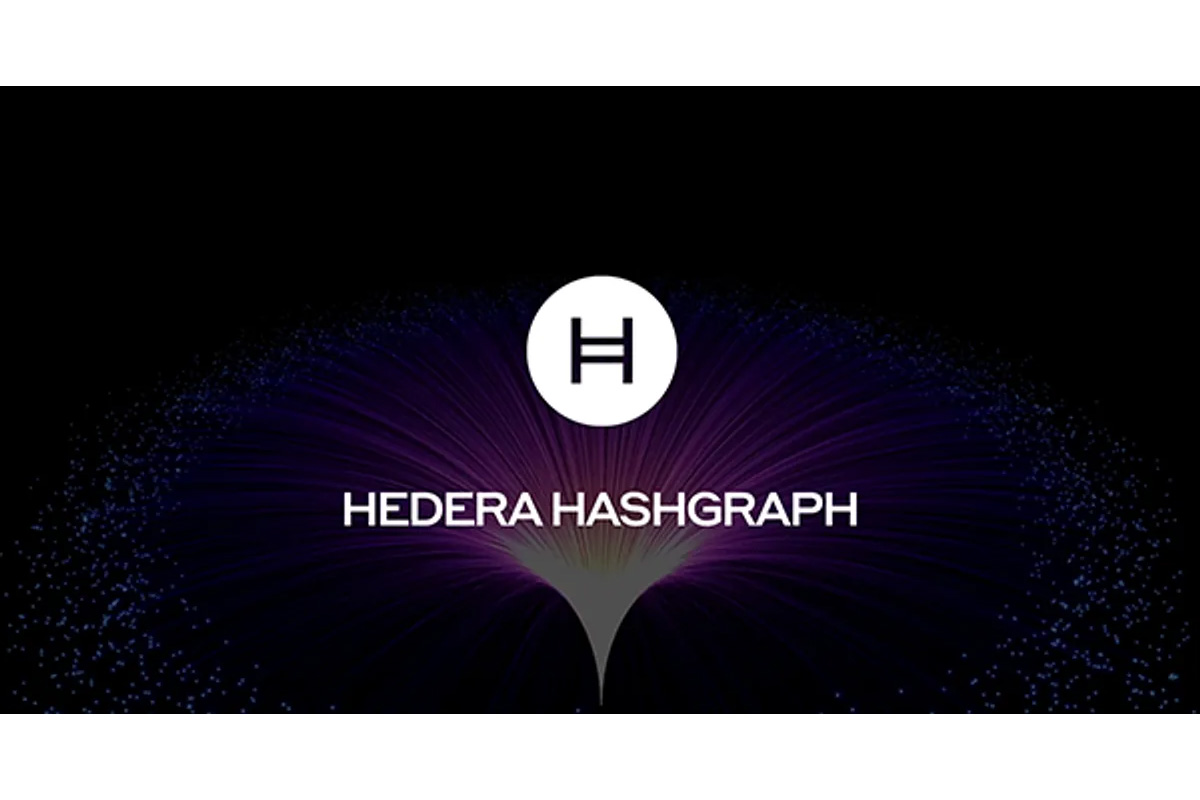Blockchain
Hedera Governing Council Welcomes New Member LSE

Hedera Hashgraph welcomes The London School of Economics and Political Science (LSE) as the newest member of its Council, becoming the second member from the higher education sector after London peer UCL.
Hedera Hashgraph is the most popular, sustainable, enterprise-grade public network for the decentralized economy. Lead by a council of some of the world’s most prominent organizations such as Google, LG Electronics, Deutsche Telekom, and many others, the Hedera Council is the most decentralized governance model for a public ledger.
This strategic step allows LSE to provide opportunities for students and faculty such as hackathons, thought leadership, and research opportunities, ultimately advancing the university’s research and commercial outreach in Blockchain and Distributed Ledger Technologies (DLTs).
“Upholding our responsibilities for pioneering academic research, we quickly recognized the enormous opportunities public and private blockchain can play in future digital transformation. Joining the Hedera Governing Council provides a significant step forward in extending our research collaboration and knowledge sharing of digital transformation. In doing so, we aim to significantly extend our research footprint in understanding how DLT and blockchains can play a positive impact on society in pioneering digital sustainable projects,” said Dr. Carsten Sorensen, Associate Professor (Reader) in digital innovation, Department of Management.
Hedera also gains access to a broad network of academics and industry partners, while acquiring critical expertise in areas such as Treasury and Coin Economics Committee (CoinCom) through the collaboration with the team leading the LSE Blockchain and the DLT Center.
The leading group of the LSE Blockchain / DLT initiatives has elaborate experience in collaborations with external parties of connected industries. Thamim Ahmed, Senior Research Associate, LSE, said – “Impacts of covid-19 and climate change are demanding new intellectual models of how we work, live and play together in a metaphysical world. The underlying features of a blockchain, act as a coordination technology, which can create efficient marketplaces, from typically illiquid environments that are not naturally connected or trustworthy. Thus, blockchains will give rise to emerging business models and opportunities, as shared ledgers will change organizational and institutional structures of an economy.”
“As a world-renowned, top-ranked academic institution, LSE’s inclusion on the Hedera Governing Council is a fantastic development for our community and the entire decentralized economy. LSE’s motto is the ‘betterment of society,’ and this ethos will transcend to aiding a greater understanding of future digital transformation, aided by public distributed ledgers. The team at the LSE has built up an outstanding reputation in advancing the research sharing capabilities of the industry, which we recognize as a significantly important addition to the Hedera Governing Council,” said Mance Harmon, CEO and Co-founder of Hedera.
Blockchain
Hata, a dual-licensed digital asset exchange in Asia raises $4.2 million to make digital assets more accessible

Hata
Blockchain
Balance registers Balance Trust Company, Growing Alberta’s FinTech Sector
Blockchain
India Digital Payment Gateway Research Report 2024: $32.96 Bn Market Trends Analysis, Regional Insights, Competitive Landscape, Forecasts and Opportunities 2020-2030
Indian Digital Payment Gateway Market
-

 Blockchain Press Releases5 days ago
Blockchain Press Releases5 days agoGrexie Signchain Launches on November 1st, 2024: Enabling Smart Contract Developers to Bring Off-Chain Data On-Chain with Seamless Gas-Paid Signing
-

 Blockchain7 days ago
Blockchain7 days agoChainSwap Announces Plans to Integrate Solana for Faster Multi-Chain Transactions During Future Blockchain Summit
-

 Blockchain Press Releases6 days ago
Blockchain Press Releases6 days agoWSOT Fortune Circles: Bybit Tops up Rewards for Crypto’s Largest Trading Competition
-

 Blockchain7 days ago
Blockchain7 days agoPLAY Partners with TapNation to Bring Mobile gaming into the Web3 Space
-

 Blockchain Press Releases5 days ago
Blockchain Press Releases5 days agoBybit Named ‘Best Blockchain Company of the Year’ at Future Enterprise Awards 2024
-

 Blockchain Press Releases5 days ago
Blockchain Press Releases5 days agoRace to the Top: Bybit Adds $1 Million to WSOT 2024 Prize Pool – Final Days to Register!
-

 Blockchain7 days ago
Blockchain7 days agoSouth Korea RegTech Business and Investment Opportunities Databook 2024 – 15% CAGR Forecast During 2024-2029, with South Korea’s Regtech Industry Forecast to Reach US$420.59 Million by 2029
-

 Blockchain Press Releases7 days ago
Blockchain Press Releases7 days agoCoinDesk bolsters information services offering with strategic acquisition of CCData and CryptoCompare

































